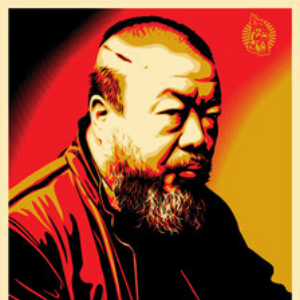
Ai Weiwei
Is case active: Yes
Country:China
Region:Asia-Pacific
Gender:Male
Status:Continued Harassment
Ai has been harassed by the government for more than 10 years. Previously subject to a travel ban, Ai left China in 2015 to focus his activism on Europe's refugee crisis, though Chinese authorities continue to pressure other countries to censor his work. Ai encounters resistance to his art installations outside of China; most recently, in September 2024, during the opening of his exhibition at Palazzo Fava in Bologna, Italy, a 57-year-old Czech man vandalized Ai's "Porcelain Cube" sculpture.
